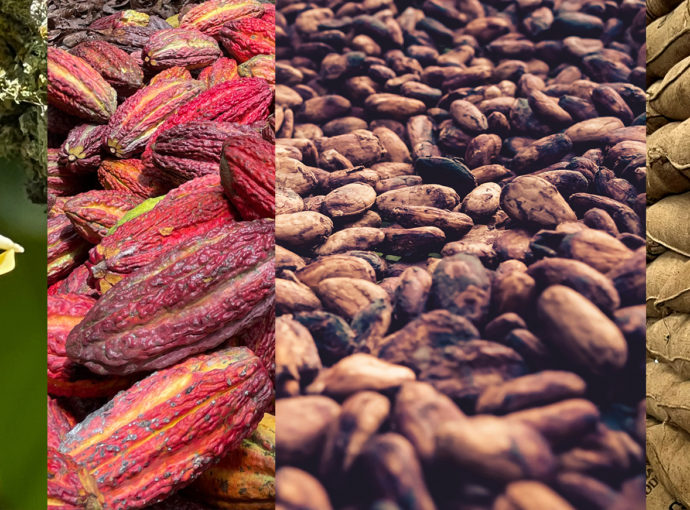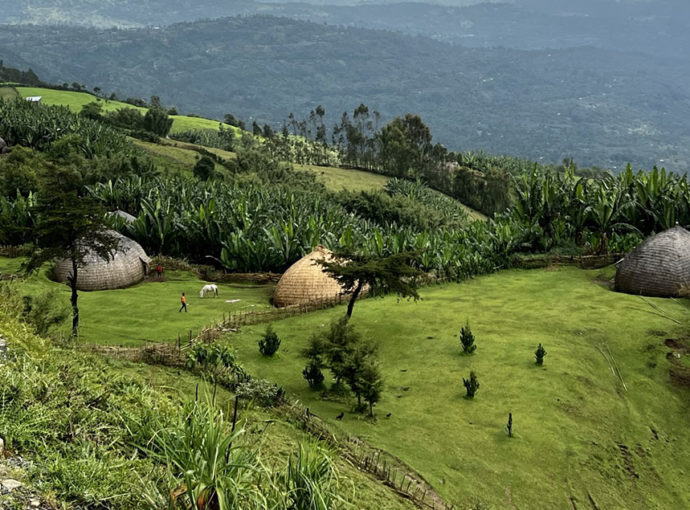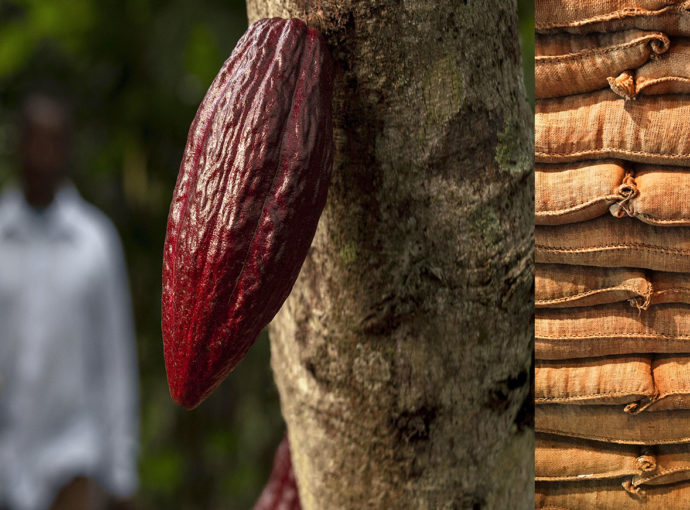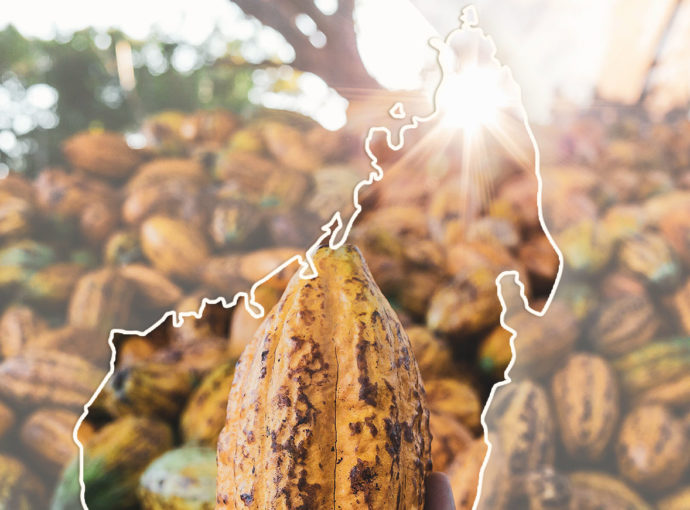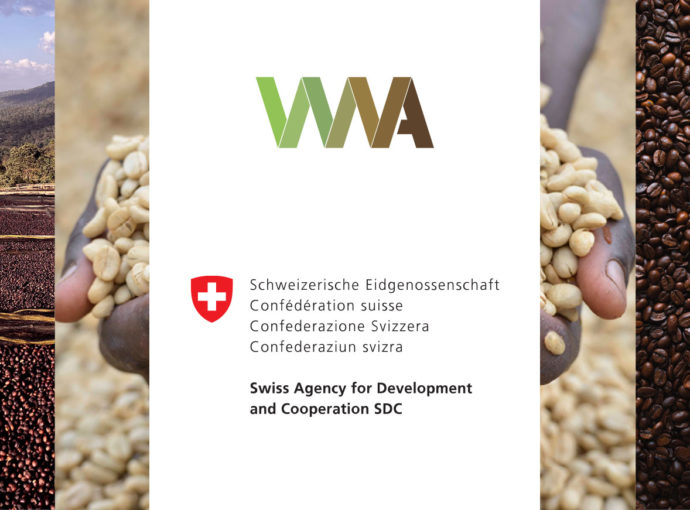Walter Matter joins the ICI
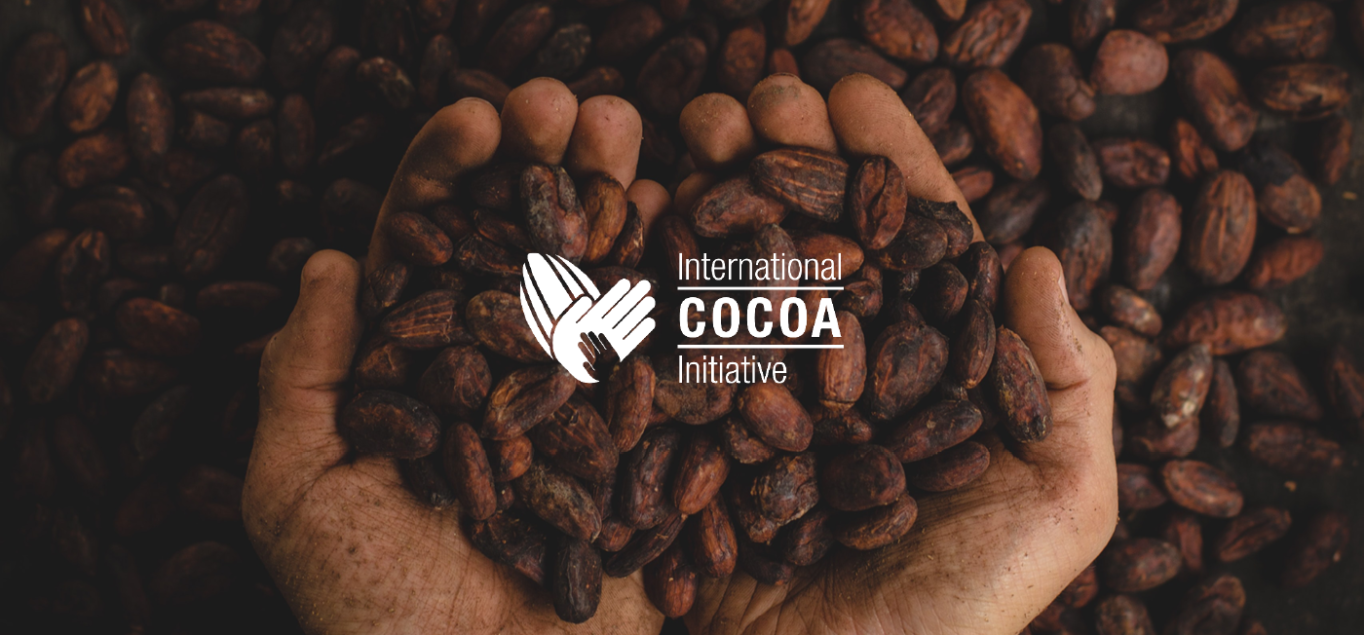
Walter Matter is proud to have joined the International Cocoa Initiative (ICI) as a contributing partner. We are committed to responsible business practices and due diligence in our operations and across our supply chain, which enables us to prevent and address child and forced labour, in accordance with ICI’s strategy and related code of conduct.
The ICI is a Swiss-based, not-for-profit foundation, that works to address child and forced labour in the cocoa sector, thus ensuring a better future for families in cocoa-growing communities. By bringing together multiple stakeholders: cocoa and chocolate producers; manufacturers and retailers; civil society organisations; and international organisations (ILO, UNICEF, OHCHR); as well as working closely with the governments of cocoa producing and consuming countries, ICI unites the cocoa sector around its core mission: building responsible supply chains where human rights and child rights are protected and respected.
To learn more about the initiative, we spoke with two ICI representatives: Sarah Dekkiche, Director of Policy and Partnerships, and Megan Passey, Head of Knowledge and Learning. Our discussion focused on the opportunities and challenges of eliminating the practice of child and forced labour from cocoa-farming communities in Western Africa.
“An estimated 1.5 million children are in child labour, and 30 000 individuals are victims of forced labour. Also, 1 percent of children working in cocoa are estimated to be in forced labour.” – Megan Passey, ICI
CHILD AND FORCED LABOUR
Megan:
Child and forced labour are two of the most salient human rights issues affecting the cocoa sector. In most child labour cases, we’re talking about children who work on family farms alongside their parents. The nature of the work – exposure to pesticides, use of dangerous tools, and physically demanding tasks – means that it is classified as child labour. This is a widespread problem that needs to be discussed and, most importantly, eliminated. Forced labour refers to individuals, adults or children, who are trapped in abusive employer-relations and forced, either through threat or punishment, to do work they don’t want to do. The scale of child labour and forced labour is different, but both are closely connected to poverty and inequality.
Sarah:
Child labourers are often deprived of quality education, but not necessarily of access to school altogether. Data shows, that children in cocoa-farming communities engaged in child labour are generally going to school. According to NORC, In Côte d’Ivoire, school attendance across all levels increased by 22 percent between 2008/9 – 2018/19 (from 58% to 80%), while in Ghana, it increased by 7 percent (from 89% to 96%) in the same period.
One of the problems is that the children are living in very isolated communities and an important part of our work is the systematic process of raising awareness of the dangers of child labour, improving access to quality education, and providing solutions.
PROBLEM IDENTIFICATION
Megan:
Back in 2001, a BBC documentary with huge reach showed footage of children in very serious situations on cocoa farms. This was really the first time that the global public became aware of this reality and the documentary caused a scandal. In response, the Harkin-Engel Protocol, an international agreement aimed at ending the worst forms of child labour, was developed. ICI was established at the same time to oversee and sustain these efforts.
Sarah:
It takes time to recognise what and where the problems really are. We have seen that effective industry-led systems can lead to a significant reduction in child labour, and that is why regular reporting is an important part of the ICI membership. We rely on our members to put in place effective systems to identify, prevent, monitor and remedy child labour, and incorporate those into their business practices.
This year, 2022, we’ve just introduced a new reporting requirement for our members. We also work closely with the World Cocoa Foundation and various national cocoa platforms in Europe, which introduced a monitoring scheme, to align as much as possible, in order to gather the data allowing us to spot any gaps and to identify key issues.
Megan:
One of the industry’s biggest challenges is to know where the cocoa comes from. Traceability is an important first step when it comes to Human Rights Due Diligence (HRDD) – if the origin of the imported cocoa is unknown, it is difficult to assess the different human rights risks linked to the supply chains, or to put in place measures to address them, let alone to report on progress.
STRATEGY FOR CHANGE
Sarah:
More and more, end consumers are demanding fairness and responsible business practices, and this puts pressure on companies. There is a proposal for an EU directive on corporate sustainability due diligence; a proposed EU regulation on deforestation; and a new proposal for an EU regulation on the prohibition of products made with forced labour. The common denominators that run through all this draft legislation, are traceability and transparency. That is a major ambition, and the EU is a global leader in setting these international standards.
ICI has had solutions for companies to undertake their HRDD for a while now, among others, as we introduced the Child Labour Monitoring and Remediation System (CLMRS) back in 2012. Its methodology follows the principle of HRDD as defined by international frameworks.
At ICI, we intervene at different levels. One of our core priorities is the support of the right enabling environment. In that sense, we maintain a close dialogue with governments at national and international level, provide support to national authorities and advocate at the EU level, to name a few.
Members get regular policy updates from us, which allows them to keep abreast of latest legislative developments, new strategies, national action plans and other policy initiatives. We are also recognised for our operational and technical expertise, including the implementation or the support for effective CLMRS and community development programs, as well as research and innovation.
Our goal and ambition for ICI and it’s members, is to significantly contribute to the SDG 8.7 – to eliminate all forms of child labour and to take effective measures to eradicate forced labour, by 2025. This requires the scale-up of effective systems that identify, prevent and remediate child labour and forced labour. Achieving this level of scale requires a shift from piecemeal project approaches, towards coordinated and integrated systems and approaches, which in return requires collaboration and alignment.
So far, we estimate that CLMRS or equivalent HRDD systems cover around 30 percent of cocoa-growing households in Côte d’Ivoire and Ghana. Implementation and scale-up is slow and no one can succeed alone, so we are engaging with everybody along the cocoa supply chain.
Megan:
Effective systems to prevent and address child labour go together with a range of different activities that tackle root causes of child labour and help improve conditions in cocoa growing communities. Improving the quality of education and healthcare are two important areas because they improve self-sufficiency and resilience, both of which directly reduce child and forced labour. Social protection is another type of support that has been shown to be effective in reducing child labour. A recent study in Ghana found that regular unconditional payments to families in independent cocoa production, reduced child labour by around 20% and helped families cope with unexpected shocks.
One example of a recent intervention tested for the first time in ICI’s operations, is the creation of Child Friendly Spaces. These were set up recently in three cocoa-farming communities in Côte d’Ivoire to provide after-school activities, such as arts, sports, music and games. I am quite proud of this specific project, because hobbies are vital for healthy child development but can be easily dismissed. The project helps parents by providing free childcare, and helps children by providing a stimulating alternative to working in the fields.
Our work doesn’t end with children as engaging parents is essential, especially with mothers. In many communities in this region, there are major gender inequalities. We have been working to increase literacy among women in farming communities and providing economic opportunities for women, but need to be careful not to add to their existing burden of work and detract from the time that they spend with their children.
“Girls are more likely not to finish school and to drop out earlier than boys, and to be illiterate as adults. We do see that when women have higher levels of education, their children are less likely to be working.” – Megan Passey, ICI
RECENT NEWS





